TABLE OF CONTENTS

Other than keeping cryptocurrency transactions secure, where can Blockchain technology utilize its underlying potential? Blockchain has found itself useful in many industries and out of these one of the most promising name is blockchain in healthcare. With applications evolving in healthcare IT, researchers are curious with questions such as can blockchain make the storage of medical records any easier with blockchain medical records? Is it possible to improve data security with blockchain in healthcare?
Present day Issues with healthcare data
The current way of storing health records is acceptable yet it has many issues which need to be addressed. The system is inefficient and allows too many roadblocks in the way of sharing patients’ health data. Patient data is scattered all around the healthcare system as there is no single healthcare provider who stores this information instead fragments of data are stored in different places. This not only makes it extremely difficult for the data to be collected in the time of need, but also raises different issues such as follows:
- Patients’ data becomes vulnerable to theft
- When splitting data between providers and associates, probability of breach increases
- While HIPAA requires healthcare entities to implement safeguards to ensure health information, different healthcare entity apply their own security controls
Increase in the number of entities accessing healthcare data increases the potential of probable due to exposure of data. According to the Department of Health and Human Services’ Office for Civil Rights Breach portal, HIPAA-covered healthcare organizations and their business partners aren’t always aware where and how their data is being stored, transferred and used, and even when they are, it is quite impossible to prevent data breaches. This brings blockchain into the main picture as it can be used with blockchain medical records thus, improving data security.
What is Blockchain?
In the simplest of its form, a blockchain is a record of information that stores data in the form of limited sized blocks that are linked to each other. A blockchain distributed system has the following properties that makes it unique for applying in a wide variety of industries:
- Distributed
- Immutable
- Secure
- Trustable
A blockchain is based on the usage of cryptographic techniques that allow the processing of peer-to-peer transactions while facilitating the store, exchange and visibility of the information by the users. In order to store any information to be stored on the ledger, it needs to be verified first. The process of verification and validation of transactions is accomplished by entities known as miners. Once a transaction is successfully verified, it is added to the digital ledger.
As seen in the massive Anthem and Equifax data breaches, individual entities aren’t reliable and should not be trusted for holding large amounts of data and keep it secure in a centralized system. Accumulating data in a decentralized system is a better option rather than using a centralized network.
Blockchain for Healthcare Data
- With the aid of blockchain, every block of data on the blockchain is encrypted and secured by using cryptography. A block can be encrypted using public key cryptography and the information stored in it can be decrypted by using a private key or password.
- Blockchain in healthcare will enable organizations to access patients’ data as blockchain medical records with the help of cryptographic key rather than multiple healthcare providers storing their own copies of a patient’s data.
- Blockchain medical records would be inaccessible without the key associated with it. Moreover, it is impossible to get control of a single block of data as all the blocks are interconnected to each other in the chain’s chronology. This property also prevents any modifications to the blocks of data on the blockchain.
- Blockchain can be used for transactions with the help of cryptocurrencies. With blockchain in healthcare, these transactions could take place between consultants, physicians, X-ray, test results, prescriptions, or surgical procedures.
- Any new data which needs to be added would first undergo validation process which upon completion will allow it to be added to the chain with the blockchain comprising patient’s entire medical history.
- Blockchain medical records will prove highly beneficial on both ends i.e. providers and patients by keeping the data secure as well as available to anyone at any given time
- For patients, the current process of accessing records is tedious, costly and time-consuming, and potentially costly for the patient, since providers are permitted under HIPAA to charge a money for issuing copies of data. Rather than submitting requests for their data, patients will be able to get the data instantly with blockchain in healthcare
Though blockchain is a comparatively newer technology for healthcare, the recent trials of using it for medical data show very promising outputs. A trial by MIT Media Lab and Beth Israel Deaconess Medical Center shows that blockchain works extremely well in terms of tracking test results, treatments, and prescriptions for inpatients and outpatients over 6 months.
In order for healthcare organizations to fully adopt the blockchain technology, it is necessary to extensively test it along with the healthcare data. According to a survey by IBM, out of 200 healthcare organizations, 16% are expected to have a commercial blockchain solution in place this year. Encouragingly, with the adoption of blockchain increasingly and successfully in other industries, the healthcare segment seems to go ahead with blockchain medical records at an increasing pace too.



